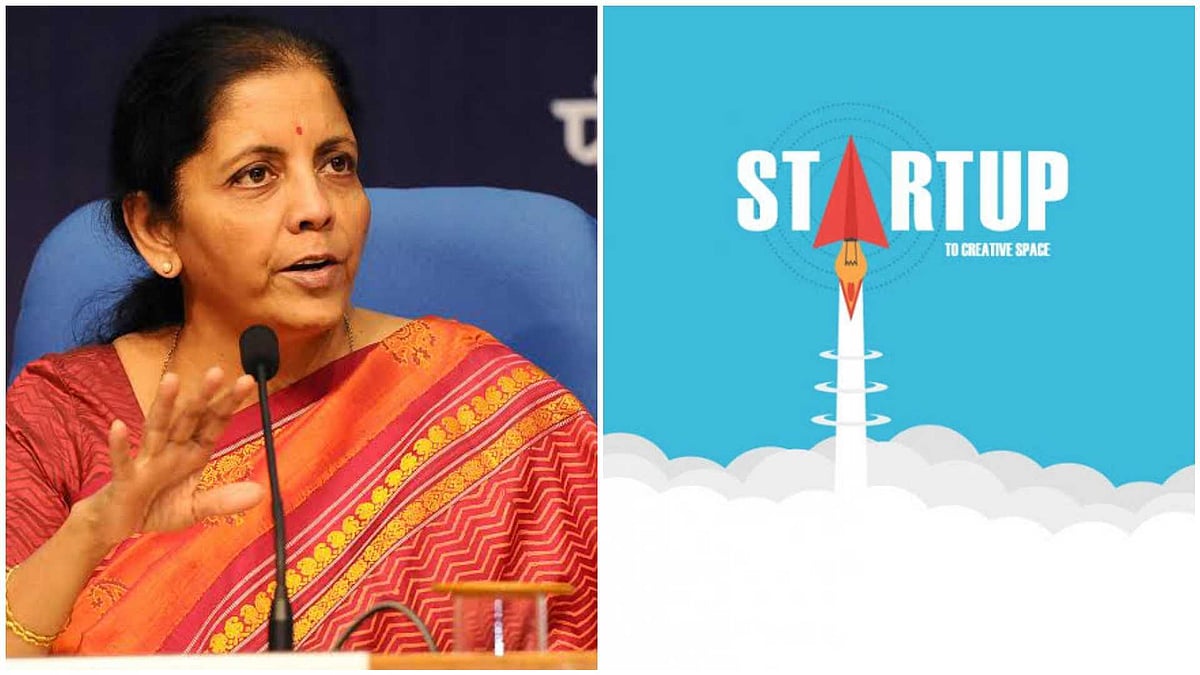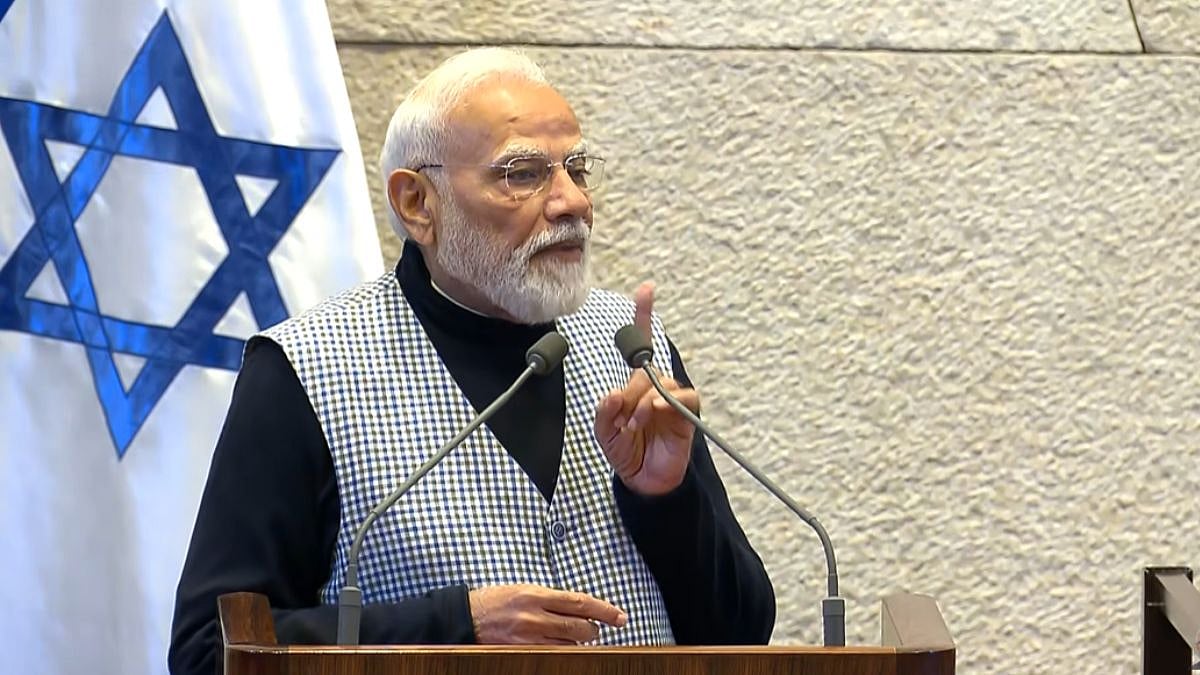Startups, their founders, and their investors rejoiced when Finance Minister Nirmala Sitharaman announced on July 23 that the 'angel tax' will be eliminated. The history of the harsh law and the implications for the startup community of its repeal.
History of 'Angel Tax'
The concept of an 'angel tax' was initially presented by former Finance Minister Pranab Mukherjee in the Union Budget of 2012. The principal aim was to scrutinize money laundering activities by means of startup investments and identify fraudulent companies subsequent to the emergence of such instances.
What is Angel Tax
For instance, this tax applies to the excess amount raised from angel investors if a company has a fair value of Rs. 2 crore and raises more than the fair amount (anything over 2 crore). The premium that investors paid was regarded by the tax department as income and was subject to a 31 per cent tax.
Angel tax abolished
Union Finance Minister Nirmala Sitharaman stated in her budget speech on Tuesday, "I propose to abolish the so-called angel tax for all classes of investors to bolster the Indian startup ecosystem, boost the entrepreneurial spirit, and support innovation."
Loosened regulation for angel tax (2019)
The government loosened the angel tax regulations in the 2019 Union budget by requiring that startups registered with the Department for Promotion of Industry and Internal Trade (DPIIT) be excused from the requirement.
However, the fine print made it clear that not all of these startups were exempt. It was only applicable to individuals who had been approved by the Inter-Ministerial Board (IMB), a government agency.
A team of bureaucrats known as the Income Tax Message Board (IMB) certifies whether a startup is innovative enough to qualify for benefits under the 1961 Income Tax Act.
Sigh of relief for 'Startups'
"We welcome the Union Budget 2024–25 as a pro-development budget bringing great news for startups. As a founder and angel investor, I’m thrilled that the 'Angel Tax' has been abolished, said Ashish Singhal, co-founder of CoinSwitch.
This will significantly bolster the entrepreneurial ecosystem in India. The emphasis on digital public infrastructure and the digitalization of the economy will greatly benefit tech startups like ours, which are focused on developing population-scale apps for Indians. added singhal





